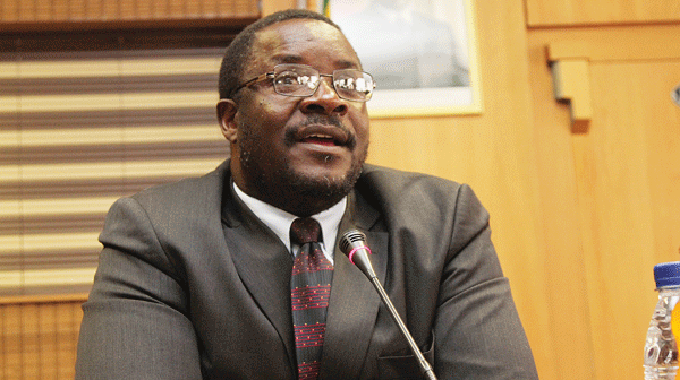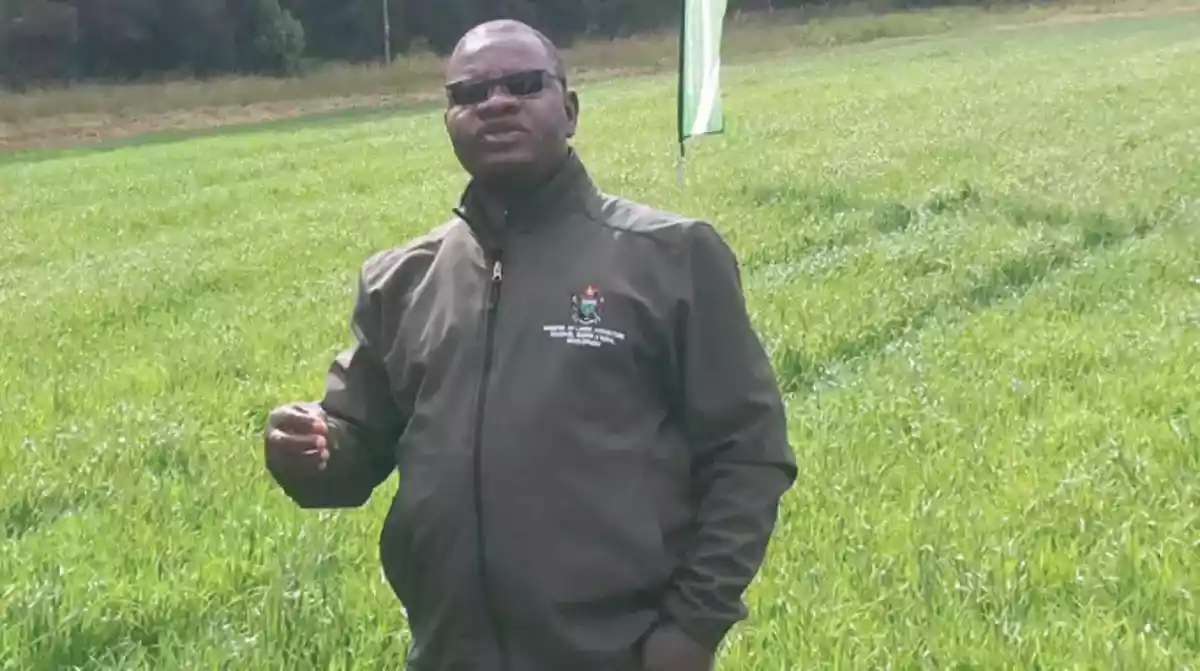
ZIMBABWEAN authorities have hinted that they will crackdown on dissent this year, as the long drawn-out economic crisis deepens, but leading political and social analysts say such actions will further close the democratic space.
Tewnsions have been high in the southern African country since election on August 23 last year which the opposition claim was stolen. An unpopular budget piling more taxes on and closing the door on informal sector have triggered waves of price hikes, deepening the gloom.
Perhaps reading the riotous mood, President Emmerson Mnangagwa’s spokesperson George Charamba said the government was ready to unleash violence against a population already trying to figure out how to navigate economic headwind. In a terse post on X, said authorities would crack down on dissent.
“The real goal and focus should never be the complete destruction of Triple C (Citizens’ Coalition for Change - CCC) as a political formation, incidental goal as that might be to a few.
“The objective should and must be total extirpation of quisling politics affixed onto our body-politic. It is just incidental that until now, (Nelson) Chamisa (president of the CCC) has been the face of those odious politics whose handlers come from and reside afar.
“As they invented Tsvangirai and Chamisa, they will still find more willing stooges, possibly better educated ones next time. We must aim to make Zim political soil inhospitable to such politics,” he said.
Paul Nyathi, spokesperson of the Zimbabwe Republic Police, echoing the same sentiment, also warned of a swift response against those who will cross paths with authorities.
“Police are aware of efforts by certain individuals and groups to engage in nefarious social and economic destabilising activities through unsanctioned gatherings, economic sabotage and sending alarming messages to the public through social media and some activists,” Nyathi said.
- News in depth: Fears of violent 2023 polls grow as ED fails to deliver on promises
- Chamisa party defiant after ban
- Letter to my people: Mthuli Ncube experiment has failed
- News in depth: Slain Moreblessing Ali’s family fears cover-up as children are forced into hiding
Keep Reading
He also warned against the use of social media platforms to make violent threats.
“May I, therefore, reiterate and assure Zimbabweans that the Zimbabwe Republic Police is ready to deal with any malcontent and unruly elements bent on causing chaos, disorder and despondency among Zimbabweans in the year 2024.”
The threats and warnings also indicate that the government has been feeling uneasy, as the country’s economy implodes.
British political scientist Nic Cheeseman described Zimbabwe’s situation in an article for the African Report last month, quoting Karl Marx who, famously, said history repeats itself “the first time as tragedy, the second as farce”.
“If the tragedy in Zimbabwe was (the late former) President Mugabe’s brutal attack on the opposition to bully his way back into power in the 2008 elections, the efforts by his successor to subvert the will of the people following the 2023 polls is surely the farce.
“Not content with manipulating the elections to ensure victory, President Emmerson Mnangagwa and his cronies have co-opted disgruntled members of Nelson Chamisa’s CCC to first “recall” legitimately elected opposition MPs — on the ridiculous basis that they were not real CCC candidates — and then to prevent them from contesting the resulting by-elections.
“This is a devastating development because in addition to demonstrating the government’s utter contempt for its own citizens and legal system, it will give Mnangagwa the extra legislative votes he needs to change the constitution and entrench his grip on power. In turn, more Mnangagwa means more misery for Zimbabwe,” he said.
Cheeseman argued that the sense of despondency and desperation on Zimbabwean social media groups was palpable, but far from exceptional.
“This has been an incredibly hard year for many across the continent, and the combination of debt and democratic erosion has contributed to a dramatic spike in public despondency. Threats by the desperate government led by President Mnangagwa to muzzle millions of suffering Zimbabweans could increase fears of severe reprisals by the government in 2024 after the sham and disputed harmonised elections last year,” he further argued.
The government’s stance has also caught the attention of political commentators in Zimbabwe, who last week noted that Mnangagwa’s regime would do anything to maintain its grip on power.
They said Zimbabwe’s shrinking political space had abated the country’s myriad problems.
Political commentator Maxwell Saungweme said: “Shrinking democratic space is a perennial issue in Zimbabwe. It stems from stolen elections, corrupt governance, and the need to hide stolen loot from public and civil society scrutiny. It is not something to be resolved by the current regime that uses closure of civic space as an electoral and political strategy. It is our national shame.”
Social and political commentator Vivid Gwede, challenged the police to uphold peace within the context of the law.
“The Constitution of Zimbabwe's, (in) Section 59, makes it clear that peaceful demonstrations and petitions are legal. They are part of the country's avenues for democratic expression. When any group of people expresses their intention to demonstrate, the police must facilitate and only ensure that that right is exercised peacefully.
“Closure of the spaces for democratic expression will only ensure that the government's ears are closed to the citizens and that ordinary people cannot give feedback on the impact of public policies,” he said.
However, political analyst Hamadziripi Dube argued that it was justified to preserve peace and protect people’s properties.
“It is of record that the majority of demonstrations ended up causing malicious damage to property. Therefore, the warning given by law enforcement agents indirectly protects the wealth and assets owned by Zimbabwe. The government is on an infrastructure development drive. Therefore, negativity to national growth is intolerable,” he said.







